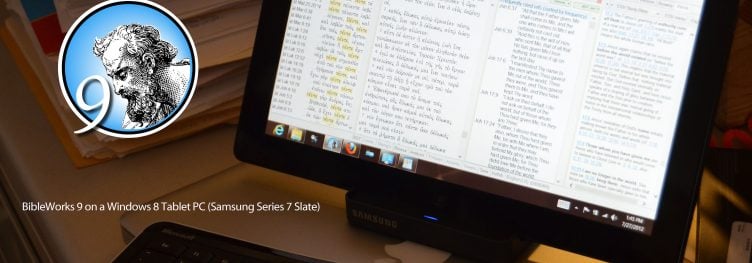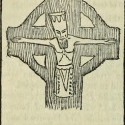In the second installment of my BW9 review (see pt. 1), I want to focus on how BibleWorks performs on the Mac. Yes, natively on a Mac. Now if you happily use Windows (on PC or Mac), great. What follows below is not applicable to your setup. This is one of the most important new… Continue Reading
BibleWorks 9: On. A. Mac.





